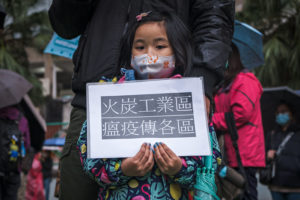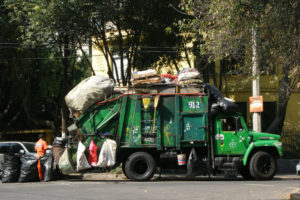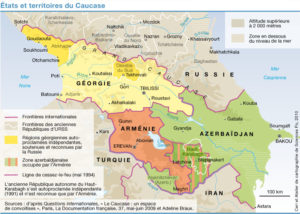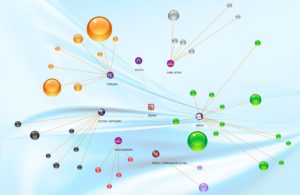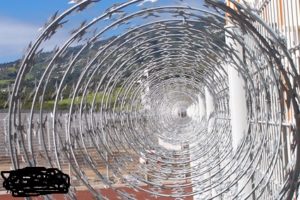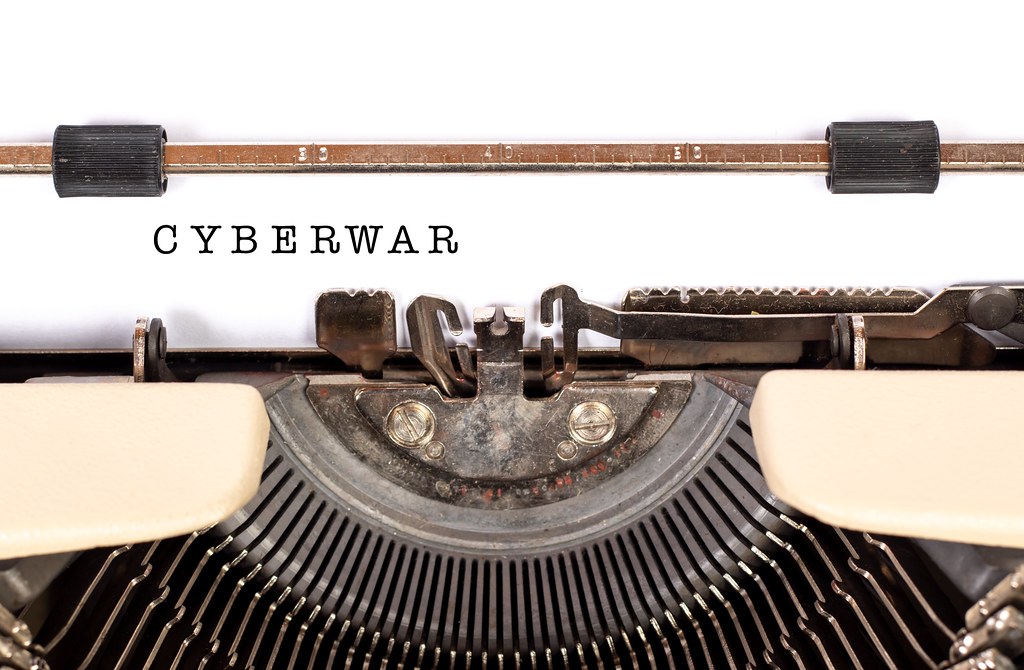Letter from La Vigie, 1st April 2020
Face to the virus: first lessons from Asia
Two weeks after the lockdown of the entire French population, much has been said about the measures adopted in some Asian countries to contain the Covid-19 epidemic. If the successes met by Singapore, Hong Kong, Taiwan, South Korea or Japan to deal with the first wave of the epidemic are undeniable, they are due to a high level of preparedness of the administrations, the response forces and the populations to manage a probable crisis with potentially severe consequences. The rapid spread of the pandemic, incomplete information from China and hampered international cooperation have left most European countries with no choice but to confine themselves. These initial lessons from Asia will have to be quickly learned by all, individually and collectively, to prevent such a strategic surprise from being repeated in the new world to be built the day after.
To read the article (free), click here.
Forgotten strategic vocabulary
The health crisis we are facing reminds us of a number of terms that have been forgotten or neglected in strategic vocabulary: strategic surprise, weak signals, strategy of means, defence and innovation, freedom of movement, resilience… some are losing interest, others are regaining an importance that should not have been given up.
To read the article, click here.
Lorgnette: Withdrawing forces
The coronavirus is a good excuse. Or it can be very useful. For example, Iraq has decided on very strict border restrictions. The Americans took the opportunity to redeploy their force, in fact to abandon two of the three bases they had in the North and West of the country. That this decision came at a time when the Shiite militias had relaunched their campaign of harassment against American troops, following (post) the assassination of General Souleimani is of course completely fortuitous.
Unsurprisingly, many followed the American decision: the British and Czechs announced their decision to stop the training mission. France too, thus dismantling the Iraqi component of Operation Chammal, but also (discreetly) the special forces detachment operating in Syria. Officially, it is of course concerned about the strengthening of the Islamic state in the region. But it is in fact very happy to find a timely way out, since the objectives of this mission were no longer very clear. Above all, this will make it possible to lighten the system and strengthen the military resources in France. We have to relearn how to complete an operation.
JOCV
Subscribers: click directly on the links to read online or download the pdf number (here), always with your login/password. New reader: read the article in the issue, by clicking on each article (2,5 €), or by subscribing (abo discovery 17 €, abo annual 70 €, abo. orga 300 € HT): here, the different formulas.
Crédit photo : https://visualhunt.com/f3/photo/49544455062/69a7ef2db8/
